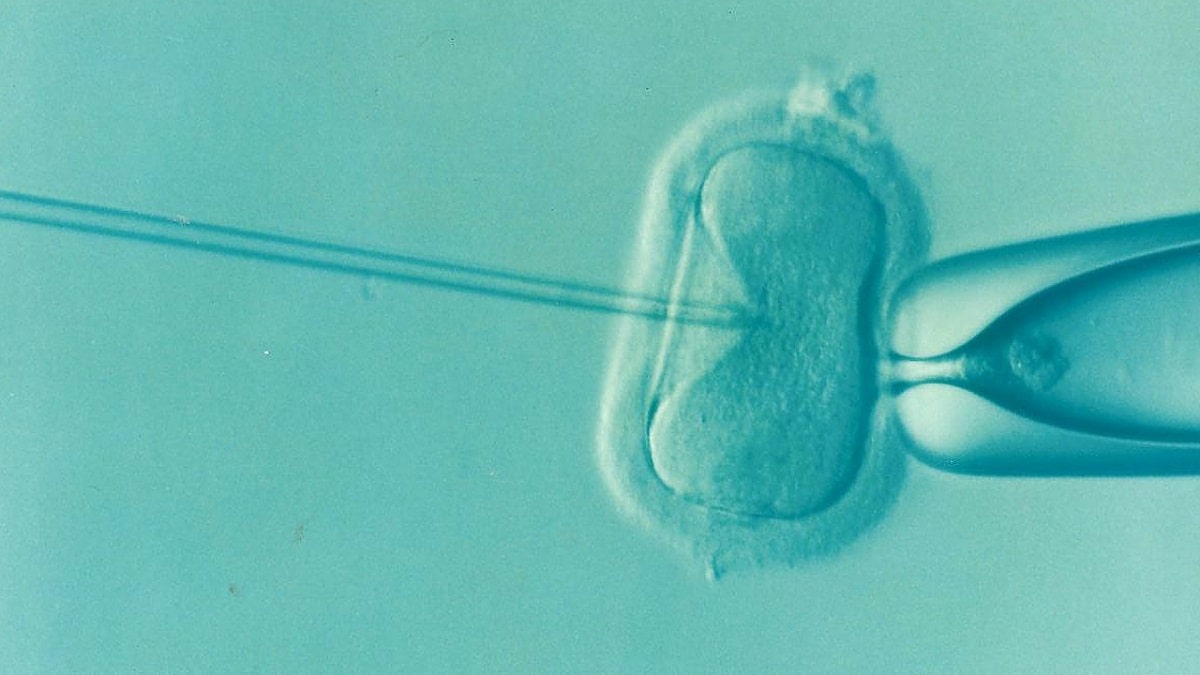
With the whole issue of kids going out, we've often heard that from a parent, a child, an hour, a kilometer. Why are we using the concept of parent, instead of talking directly about father or mother? We do not have the answer, but it is stipulated in the Royal Decree. Let us clarify that the parent is understood as the individual's father. This concept refers to the relative who, with respect to a subject, is in a direct ascending line.
May in a family only one of the parents is the parent, both, or neither of them, either adoption or by insemination. What is evident is that being raised by two fathers, two mothers, a father and a mother, only one of them or a guardian, with whom one has consanguinity or not, does not in itself determine the future of the person .
Tasks, rights and duties

The parent's task is considered to be goes beyond participation in the reproductive process or, if we take the term more broadly than biological, than participating in the adoption of the child. The examples and how involved you are in the upbringing of the child is essential. Coexistence, or the absence of it, will be the one that conforms to the child (the descendant) in his own life.
It is normal for the relationship between a son or daughter and their parents to go through different phases, typical of maturity. This relationship can oscillate from one side to another, being adolescence the most chaotic moment, with some exceptions.
We cannot forget that present or not in daily life, the parents are the ones who provide the genetic loadTherefore, even if they are not known to the child, they are part of it.
What is the custodial parent?

After a separation or divorce, or in situations of non-coexistence, what is the guardianship and custody of the parental authority is separated. Parental authority is the set of duties and rights that parents have in relation to non-emancipated minor children. And the custody and custody focuses on the habitual coexistence with the children. For example, take them to school, feed them, make sure they are healthy, dress them ...
When both maintain parental authority, but only one of them keeps guard and custody there is the case of the custodial parent, and the non-custodial parent. The first of them maintains coexistence with the minor, and the non-custodial parent will have the obligation to provide food and the right to have a visitation regime. In general, the duration of the visitation regime, and the amount of maintenance is set by the judge, if the couple do not agree.
In the Spanish legal system it is not explicitly stated that the custodial parent has the obligation to inform the non-custodian on the relevant aspects related to their minor children. Regulatory agreements are established for that. If any of the parents, whether they have custody and custody or not, fail to comply with what is agreed in the agreement or in the judgment regarding the visitation regime and the right to information, they can go to court to enforce their rights .
The figure of the kindred parent

In today's society there is, de facto, the kindred parent figure, which has to do with what we call assembly families. This is mothers or fathers who live with a partner who is not the parent of the minor, but who, live with him.
Depending on the age at which the child begins to live with this "new partner", the relationship with will be as strong and important as the one with the parent. The task of this kindred parent is to cooperate in the parenting and education.
You have the ability, right and obligation to be part of daily acts relating to the training of the minor in the home environment. It is also responsible for making decisions in emergency situations.